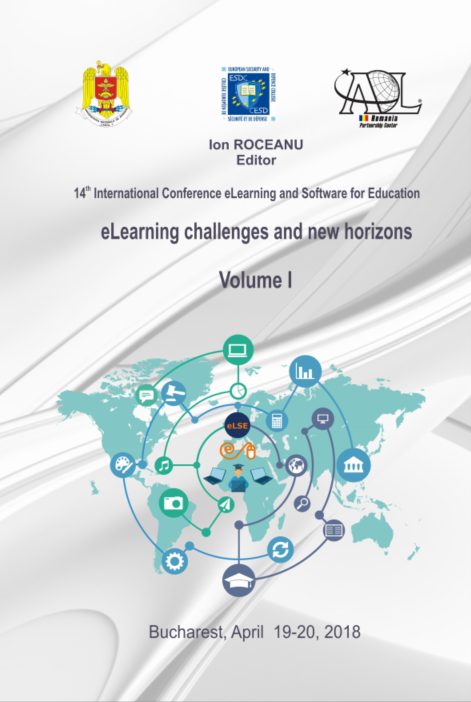The Future of e-Learning – A Case Scenario: Security Studies
The Future of e-Learning – A Case Scenario: Security Studies
Author(s): Răzvan GRIGORAȘSubject(s): Social Sciences, Education
Published by: Carol I National Defence University Publishing House
Keywords: eLearning;Massive Open Online Courses;security;Internet of Things;Virtual reality environments;mobile learning (m-learning);
Summary/Abstract: Delivering some tendencies regarding the future of eLearning represents a strong and effective tool for eLearning researchers and users from the entire world. Nowadays the Maturity Models became some tailored solutions for measuring the development of eLearning. This pessimistic-mercantile way of making science did not offer some prospective layers to adapt to future technology, but to adapt to a static point that fore sure will be outdated when achieved. Therefore, although it is agreed among scientific community that eLearning represents a “mantra” that affects efficiency and value, there are few interests in discovering the future tendencies of eLearning. Peculiar, in the practice of eLearning in security studies those tendencies do not exist at all. Some world-wide events demonstrated us that the ability to anticipate and to respond to security changes is a compulsory asset for a state. Therefore, eLearning must deal with this asset. A pragmatic way of shaping a better perception of security is by developing and applying eLearning trends. This article presents the main propensities and weak signals of the eLearning environment as MOOC (Massive Open Online Courses), IOT (Internet of Things), VRT (Virtual Reality Technologies), BYOD (Bring Your Own Device), mobile learning, gamification and others. This article concludes that identifying the main propensities of eLearning is a key factor in the continuous education of security practitioners. Therefore, by cultivating newest technology in eLearning in the field of security studies, an added-value is achieved. This allows security practitioner to prepare and respond to sudden disrupts and changes of the environment.
Journal: Conference proceedings of »eLearning and Software for Education« (eLSE)
- Issue Year: 14/2018
- Issue No: 01
- Page Range: 36-41
- Page Count: 6
- Language: English

